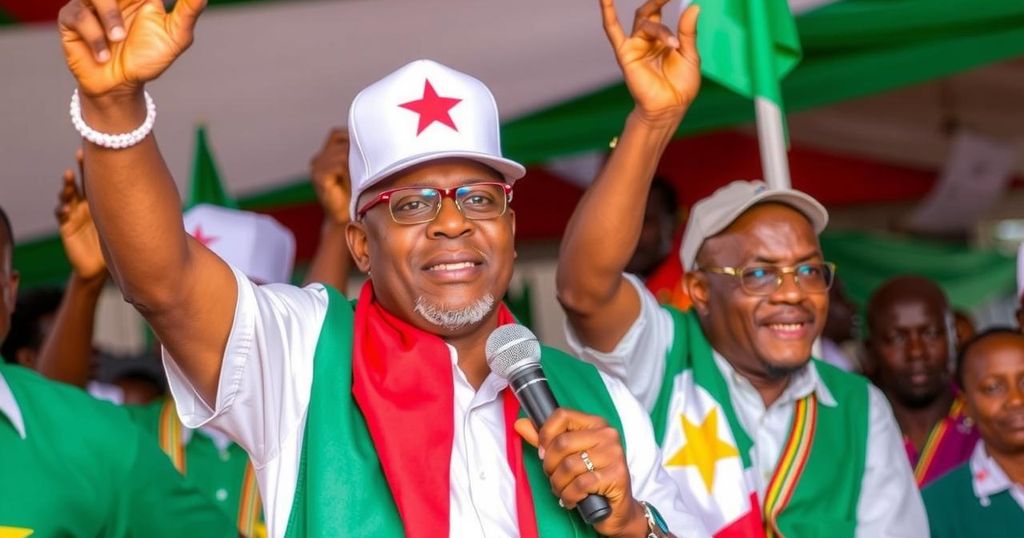Elections
Politics
AFRICA, AHMED BARTCHIRET, ANGE, ASIA, BURKINA FASO, CHAD, CHINA, DE, DEBY, DEMOCRACY, DEMONSTRATIONS, ELECTIONS, EUROPE, EUROPE/ASIA, FRANCE, GOVERNMENT, MAHA, MALI, NATIONAL ASSEMBLY, NIGER, OPPOSITION, PARIS, PATRIOTIC SALVATION MOVEMENT, REUTERS, RUSSIA, SUCCES MASRA
Sophia Klein
Chad’s Ruling Party Achieves Majority in Controversial Parliamentary Elections
Chad’s ruling Patriotic Salvation Movement has won a majority in the parliamentary elections, securing 124 seats in the National Assembly. The elections were boycotted by significant opposition parties, who claimed a lack of transparency. President Mahamat Idriss Deby, having assumed power after his father’s death, framed this electoral outcome as a decisive step towards democracy, amid ongoing tensions regarding military ties with France and security challenges.
In the recent parliamentary elections held in Chad, the ruling Patriotic Salvation Movement (MPS), led by President Mahamat Idriss Deby, emerged victorious by securing 124 of the 188 available seats in the National Assembly. The elections, however, were marred by a boycott from significant opposition parties, which accused the government of lacking transparency. In response, Deby’s administration characterized the elections as a crucial step towards establishing democratic governance in the nation, despite the controversy surrounding the electoral process. The participation rate was reported at 51.56%, and the National Elections Management Agency indicated that a total of 38 political groupings will have representation in the assembly, although the specifics of the seat allocation for non-MPS parties remain uncertain.
Chad’s political landscape has been tumultuous, particularly following the death of long-time leader Idriss Deby in 2021 during a conflict with insurgents. His son, Mahamat Idriss Deby, quickly stepped into the role of interim president and was subsequently elected in May 2025, reinforcing his position in a country grappling with issues of governance and stability. The ruling party’s recent electoral success comes amidst significant geopolitical shifts, including an exit from longstanding military cooperation with France, mirroring trends in neighboring countries that have distanced themselves from former colonial powers. The international and domestic implications of these developments reflect a complex interplay of power, security, and foreign relations.
The victory of Chad’s ruling party in the recent parliamentary elections, achieved amidst an opposition boycott, highlights both the challenges and transitional nature of the country’s political landscape. While the government promotes these elections as a step towards democratization, the absence of opposition participation raises significant concerns regarding the legitimacy of the electoral process. Additionally, the shifting geopolitical alliances and the government’s actions to curb destabilization efforts illustrate the precarious situation in Chad and its broader implications for regional security.
Original Source: www.dw.com








Post Comment